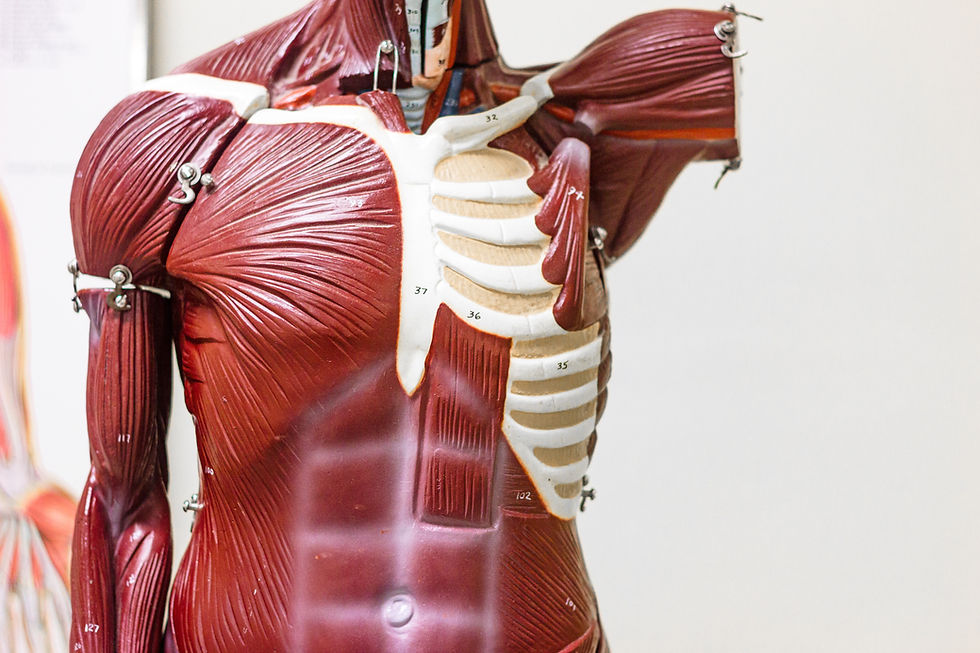Organ Engineering and Donation: Reflections on June 2022 Discussion
- Ellie T.
- Jun 17, 2022
- 3 min read
Updated: Aug 9, 2023

True local story: Brigham and Women’s Hospital decides to take a young man off of the cardiac transplant list with ensuing protests. In our discussion, we covered why BWH made this controversial decision and contributed our ideas on ways to address the tragic shortage of organs.
A curriculum is created for each discussion, which includes articles to distribute to the residents beforehand, a lesson to introduce the topic at the start of the discussion, and discussion questions to facilitate resident participation and engagement. Linked to this post is the complete discussion outline for our June 15th discussion on organ donation at the North Hill Retirement Community. Below are excerpts from the document, including the list of articles distributed to the residents prior to the discussion and a list of some of the questions we discussed together.
Discussion reflection:
Throughout the discussion, I was amazed how the residents were able to reflect upon such an emotionally charged topic so thoughtfully. The residents invariably pose thoughts and questions of their own to supplement ours, such as personal opinions from their time as doctors and intriguing anecdotes about the allocation of scarce medical resources. By studying differences in organ donation systems across countries and potential solutions such as an ‘opt-out’ donation system, I left with an even greater feeling of obligation to spread education on the organ donation system. For instance, how can the US take inspiration from Israel’s “don’t give, don’t get” system, a system which prioritizes organ donors and the families of donors, that raised the organ transplant rates by 60% within the first year of implementation? Or perhaps the ‘opt-out/presumed consent’ system of Spain, in which donors’ hospital rates are covered and extended health coverage is provided. How can we blindly ignore the more effective organ donation systems of other countries, all while allowing 100,000 people to remain on the transplant waitlist? This discussion was a thought-provoking entry into the field of medical resource allocation and bioethics, which I implore other students and adults alike to pose within their communities.
Articles distributed in advance to residents:
Discussion questions:
1) Is Israel’s “don’t give, don’t get” system ethical (and how does one define ethical)? Can the medical system prioritize donors over non-donors for lifesaving procedures, or does it have a responsibility to treat all patients equally?
2) Should potential recipients whose organs were damaged by illness be prioritized over potential recipients whose organs were injured as a result of smoking, drinking alcohol or taking drugs, or obesity due to poor dietary choices - or is there a societal obligation to treat all patients equally?
3) Does paying people to donate organs while they’re alive (like a kidney) unfairly incentivize the poor?
4) Do we have the right to sell our own body parts?
5) Does it bother you that there is subjectivity on the part of physicians who decide if each patient is eligible to be placed on the transplant list (based on impressions of whether that person will be compliant with the regimen, and will make good health decisions after receiving the transplant so the organ doesn’t go to waste)? Or do you think this is wise and appropriate? This circles back to the recent example this past year of the unvaccinated patient who was removed from BWH transplant list.
6) Should the US switch to a system in which the default is opting in, ie people would need to specifically and intentionally opt out if they didn’t want to donate? Are there any other ways that we could raise organ donation rates?
7) Should there be different parameters for organ distribution besides the current criteria used by UNet to rank candidates?
8) One reason some people offer for not becoming organ donors is the worry that physicians won’t try as hard to save their lives if they know their patient is an organ donor. Do you think this concern has any merit? Is there any way to help dispel this fear?
9) Should one person be allowed to receive multiple transplanted organs, or should organs be distributed to several people in need so that each person receives just one?
10) Should a person in whom a transplant has failed be given a second organ, or should a different person have a first chance?
Refer to our "resources" page to find relevant books, videos, documentaries, and more related to this topic!
Full discussion outline document:


Comments